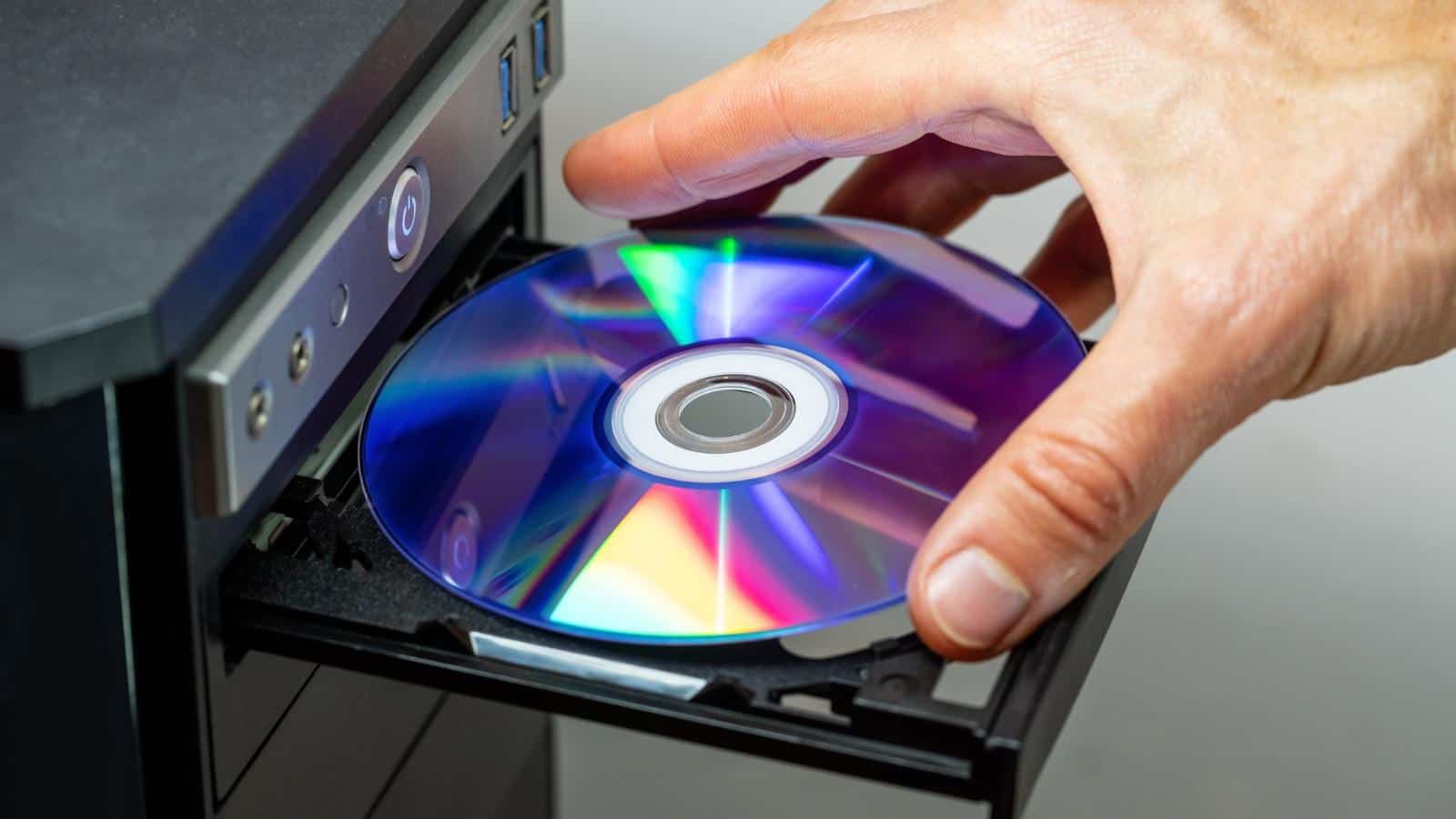Recycling is crucial to protecting our environment from unnecessary waste. However, despite how widespread knowledge of this benefit is, many people still don’t engage in safe disposal practices. So that you aren’t one of them, here are 20 items to start recycling today.
Batteries
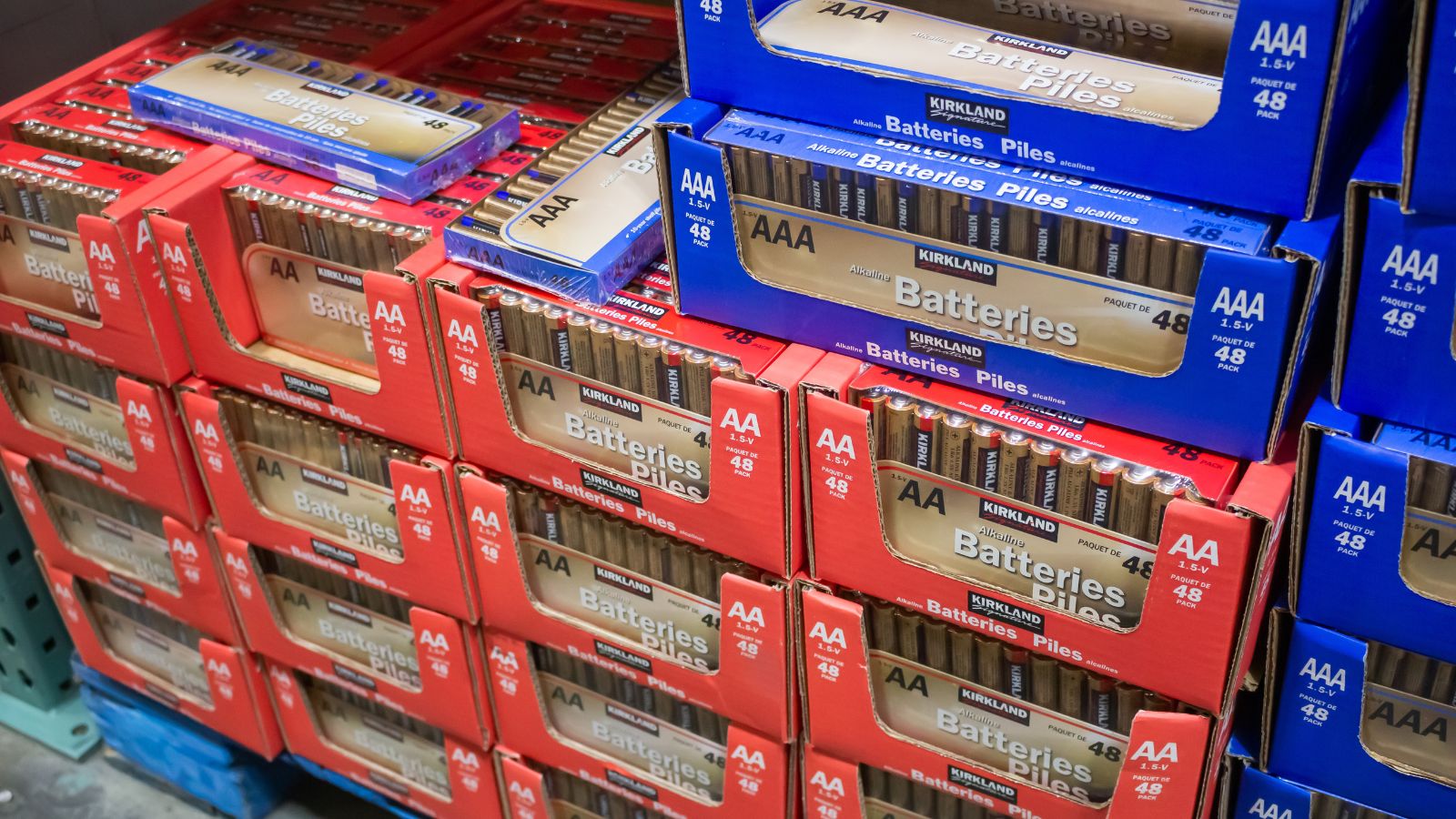
Batteries should either be recycled or taken to hazardous waste collection points, and this is because they contain corrosive chemicals and can also cause fires. They’re so much of a threat to the environment that, according to UCSC, disposing of them in garbage cans is illegal in some states.
Light Bulbs
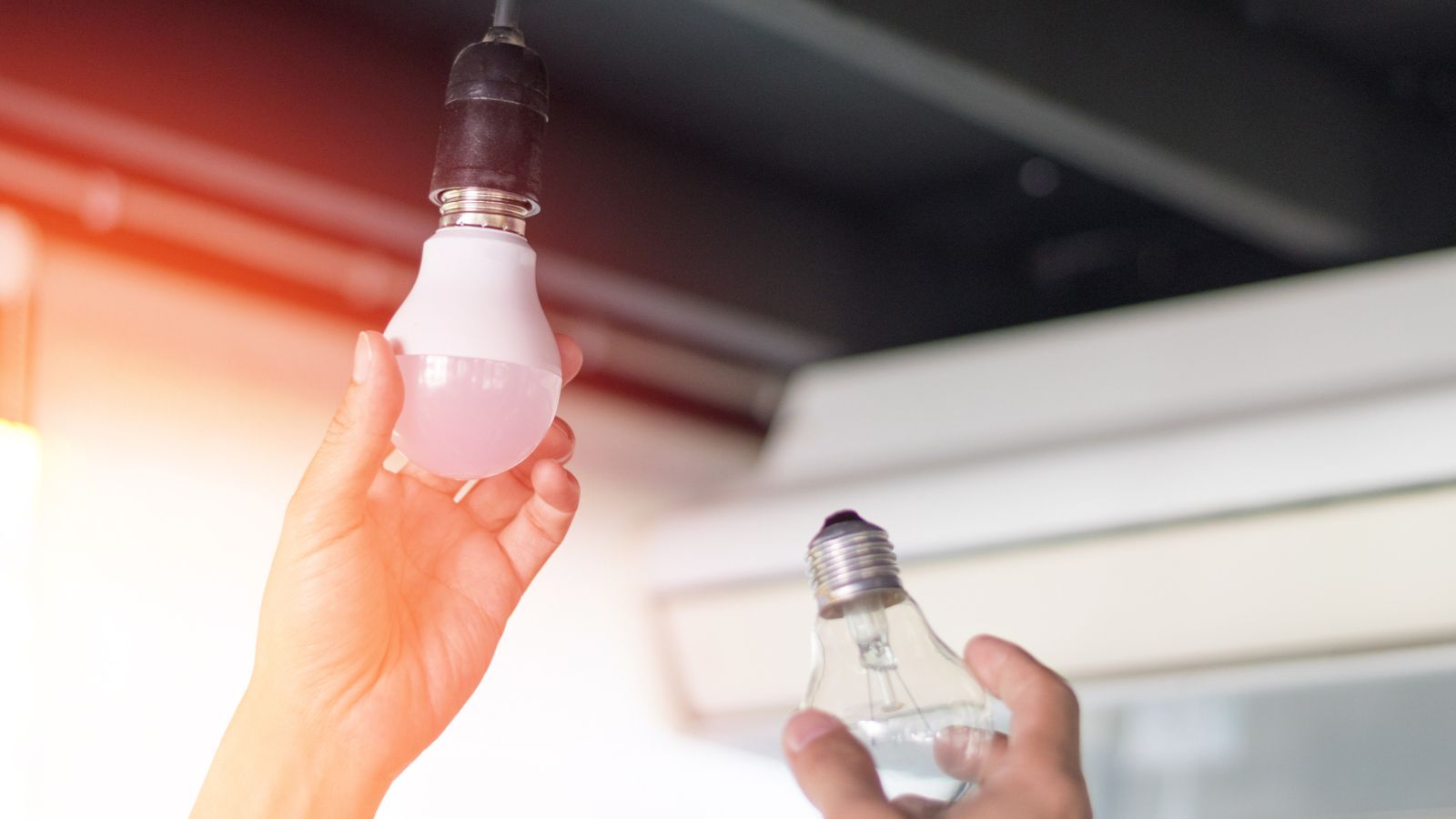
You don’t want to throw light bulbs into your household trash can as well, and this is especially true if they are fluorescent bulbs. As shared by Home Depot, “CFL bulbs contain mercury, which is toxic to humans and pets.” When they make it to landfills, they leak these toxic chemicals into groundwater, posing a threat to the local water supply.
Electronics
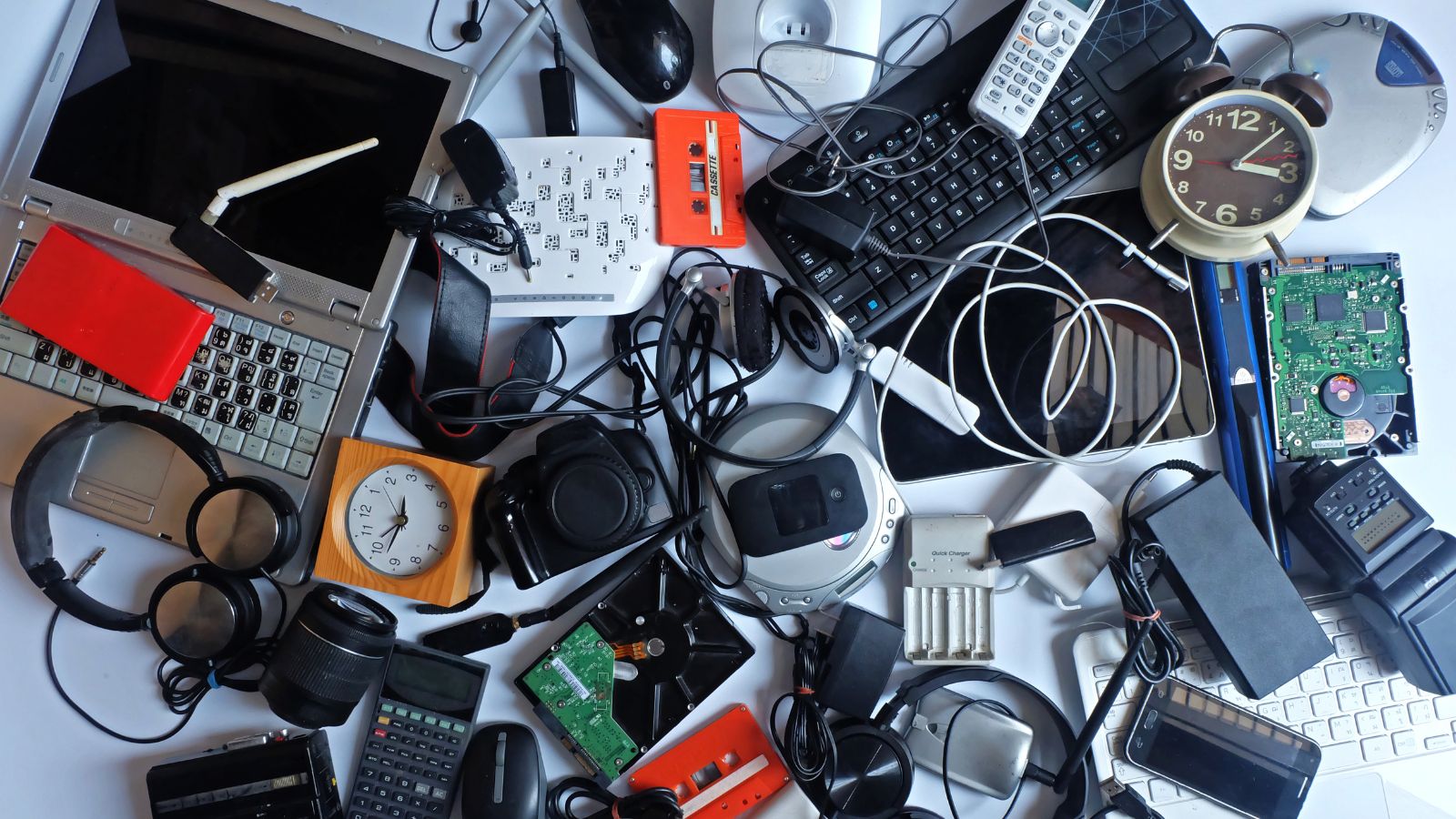
Electronics, in all their sophistication, are known to contain harmful chemicals like lead, mercury, cadmium, and flame retardants. These, when disposed of improperly, can easily leak into the ground, and, eventually, groundwater. It’s always best to take these to electronics recycling stations near you due to the specialized handling they need.
Ink Cartridges
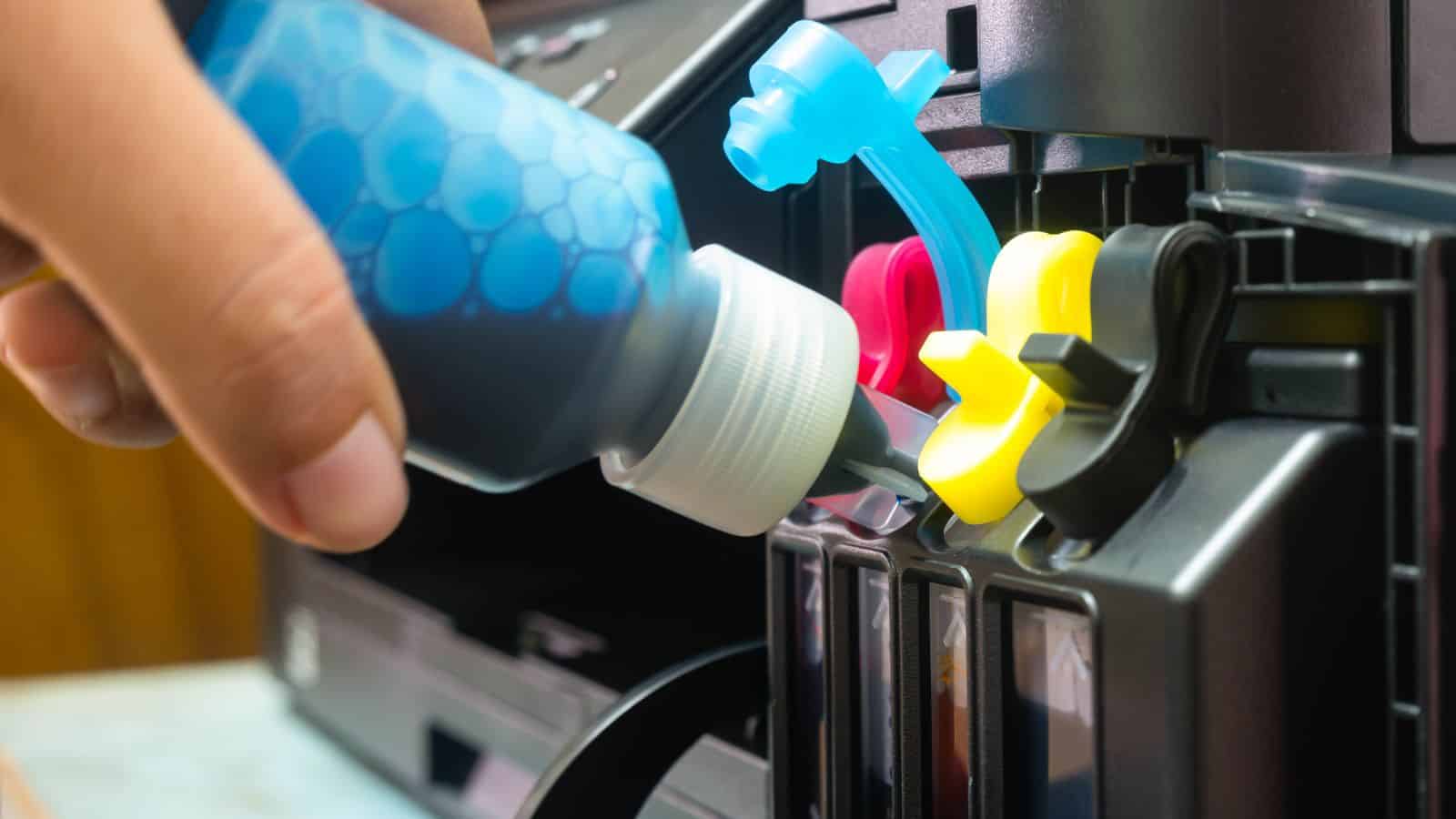
Printer ink cartridges are often discarded without a second thought, yet they can be easily recycled. Many manufacturers offer programs for returning used cartridges. Recycling these cartridges this way prevents plastic waste and also allows the recovery of residual ink and components, promoting a circular economy in printing supplies.
Clothing and Textiles
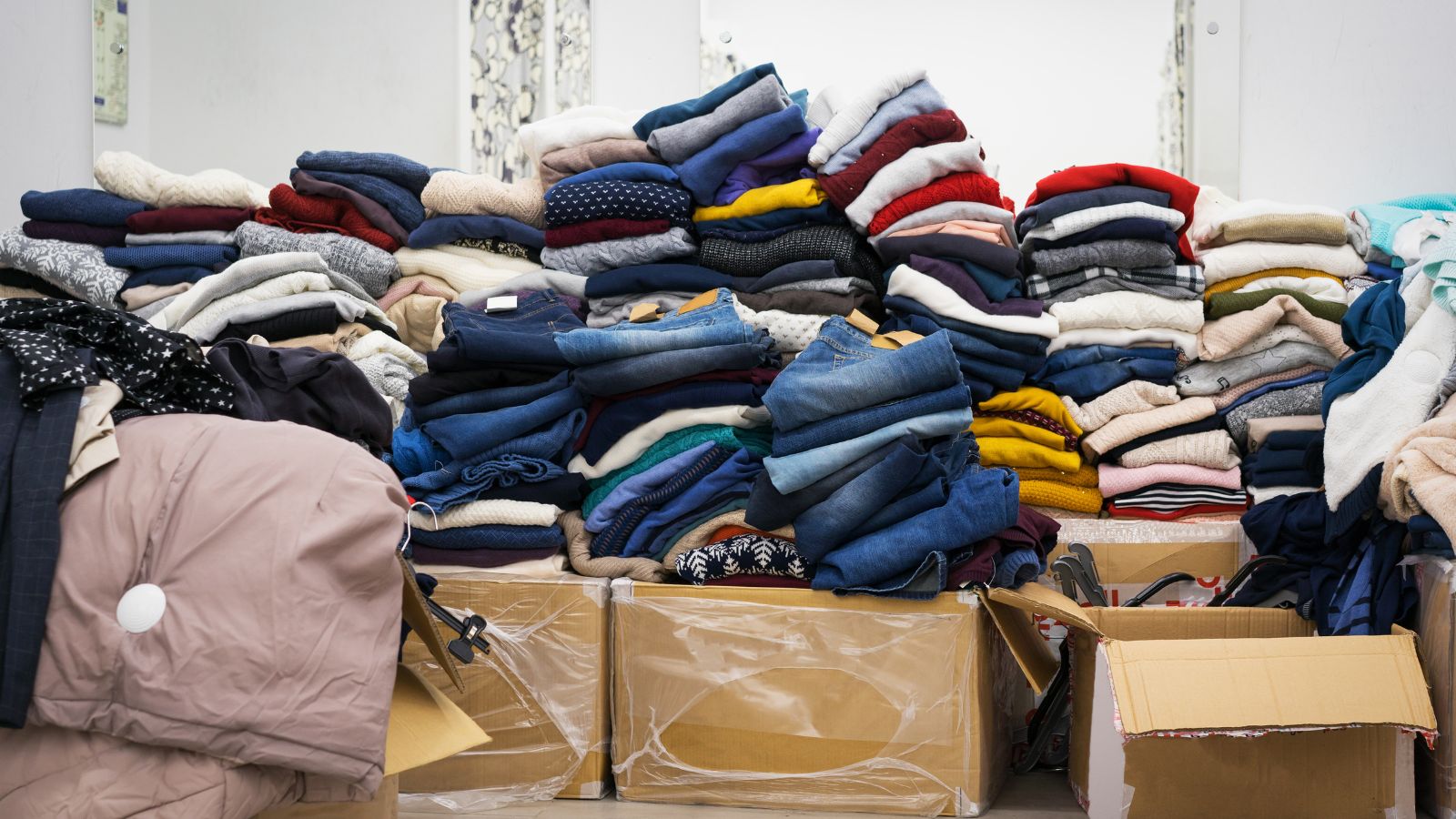
Old clothing and textiles can be repurposed or recycled instead of being thrown away. Many charities and recycling centers accept fabric donations, which can be transformed into new garments or industrial materials. Additionally, recycling textiles reduces landfill waste and supports fashion practices that are highly sustainable.
Aluminum Foil
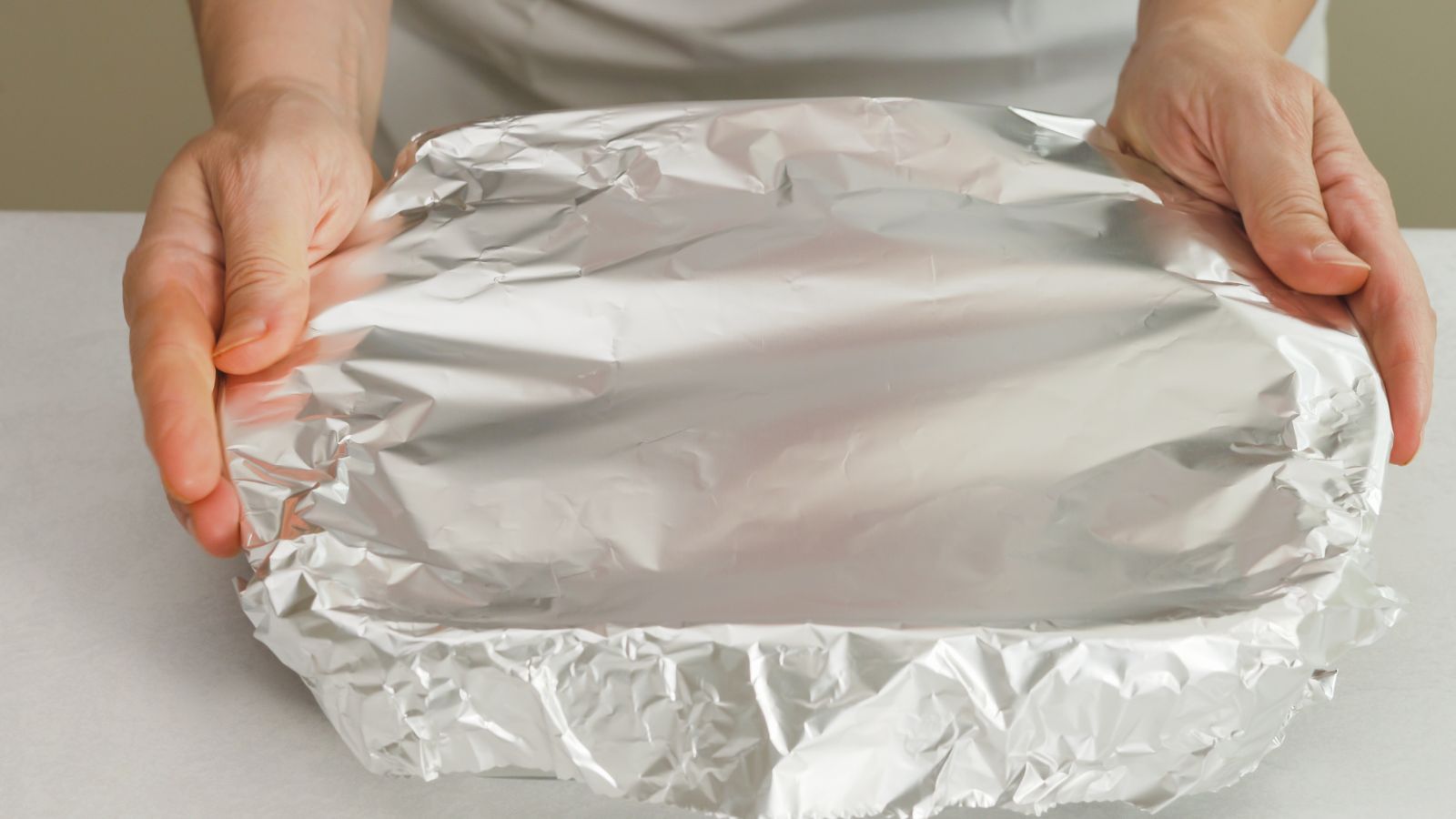
Often overlooked, aluminum foil is fully recyclable as well—used foil can be cleaned and placed in the recycling bin, where it will be processed and reused. By recycling aluminum, you save a significant amount of energy compared to producing new aluminum, making it an essential item for everyone to recycle.
Glass Bottles and Jars
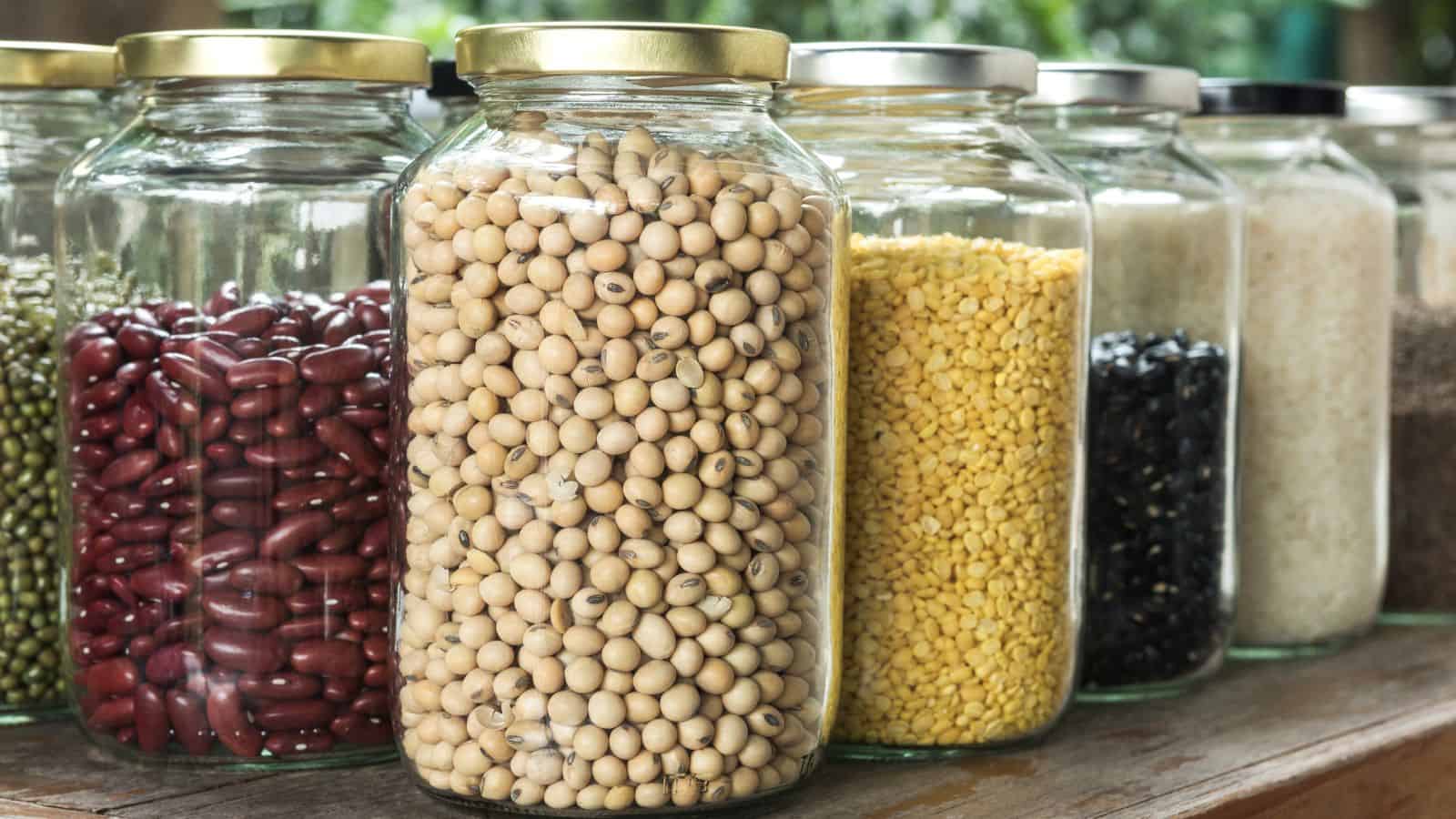
On one hand, recycling glass bottles and jars reduces the need for raw materials like sand and lowers energy consumption. It decreases greenhouse gas emissions from production processes too. On the other hand, glass is also one of the easiest materials to recycle, as it can be repeatedly melted down and reformed without losing quality.
Plastic Bags
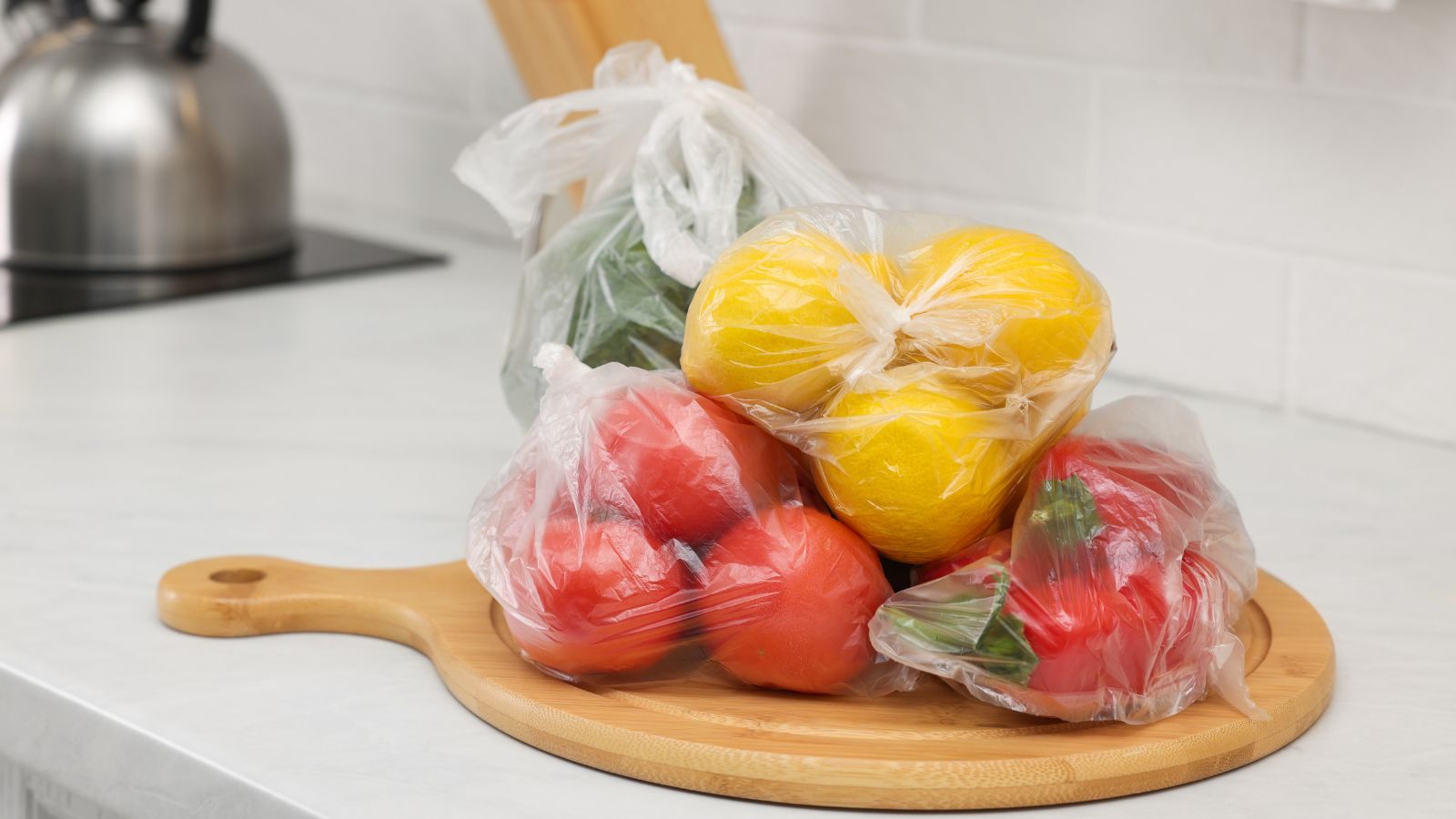
Despite their convenience, plastic bags are a significant environmental hazard. They take hundreds of years to decompose and, with 11 million tonnes ending up in oceans each year, according to WRAP, they harm marine life, too. Many grocery stores have collection bins for plastic bags, ensuring they are recycled properly and not contributing to pollution.
Cardboard
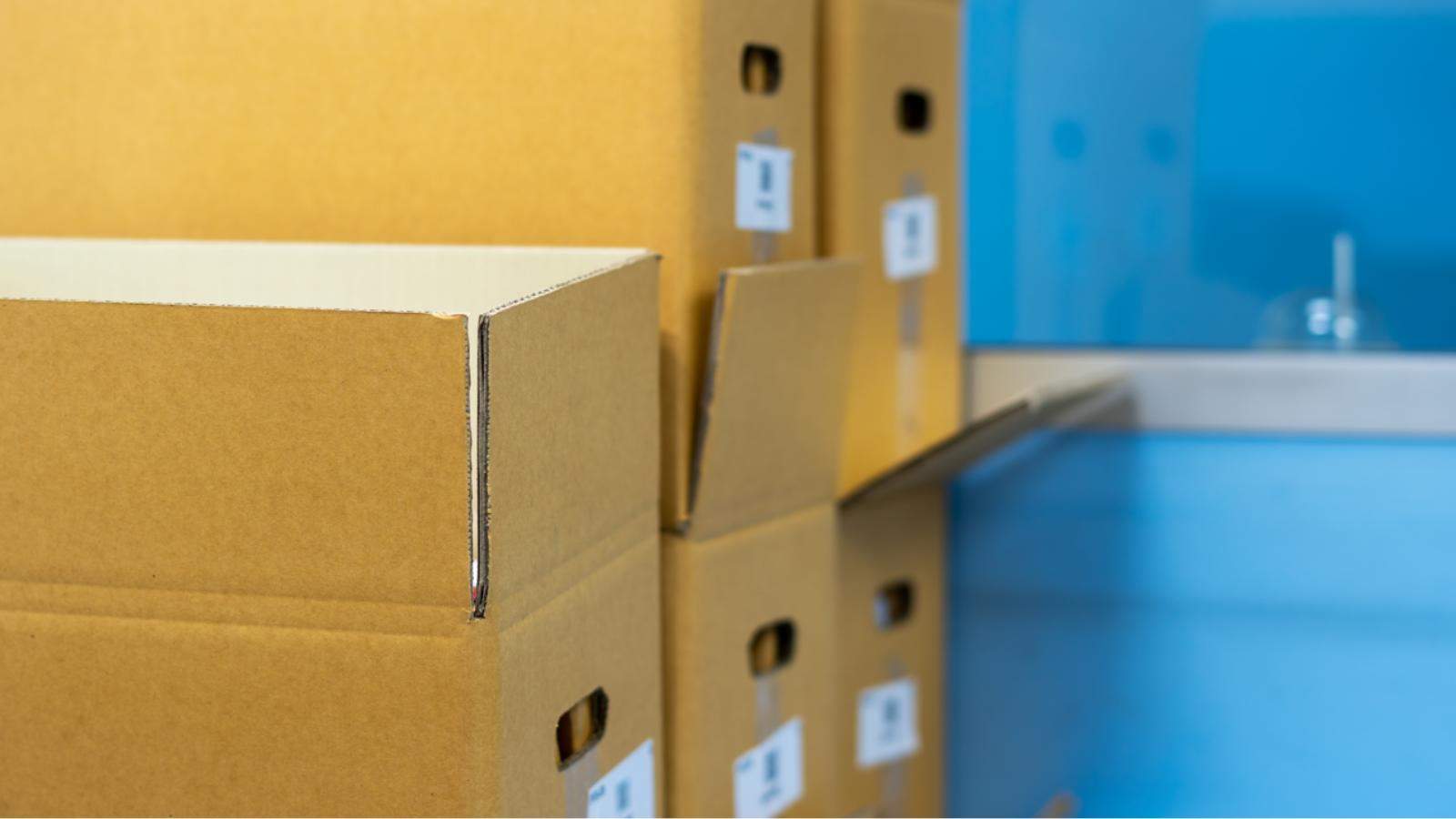
Cardboard is an ever-present material used for packaging, but it’s also often discarded improperly. Breaking down and recycling cardboard boxes ensures they’re transformed into new packaging materials. This process saves trees, reduces landfill waste, and conserves the energy required to produce new cardboard from raw materials.
Steel Cans
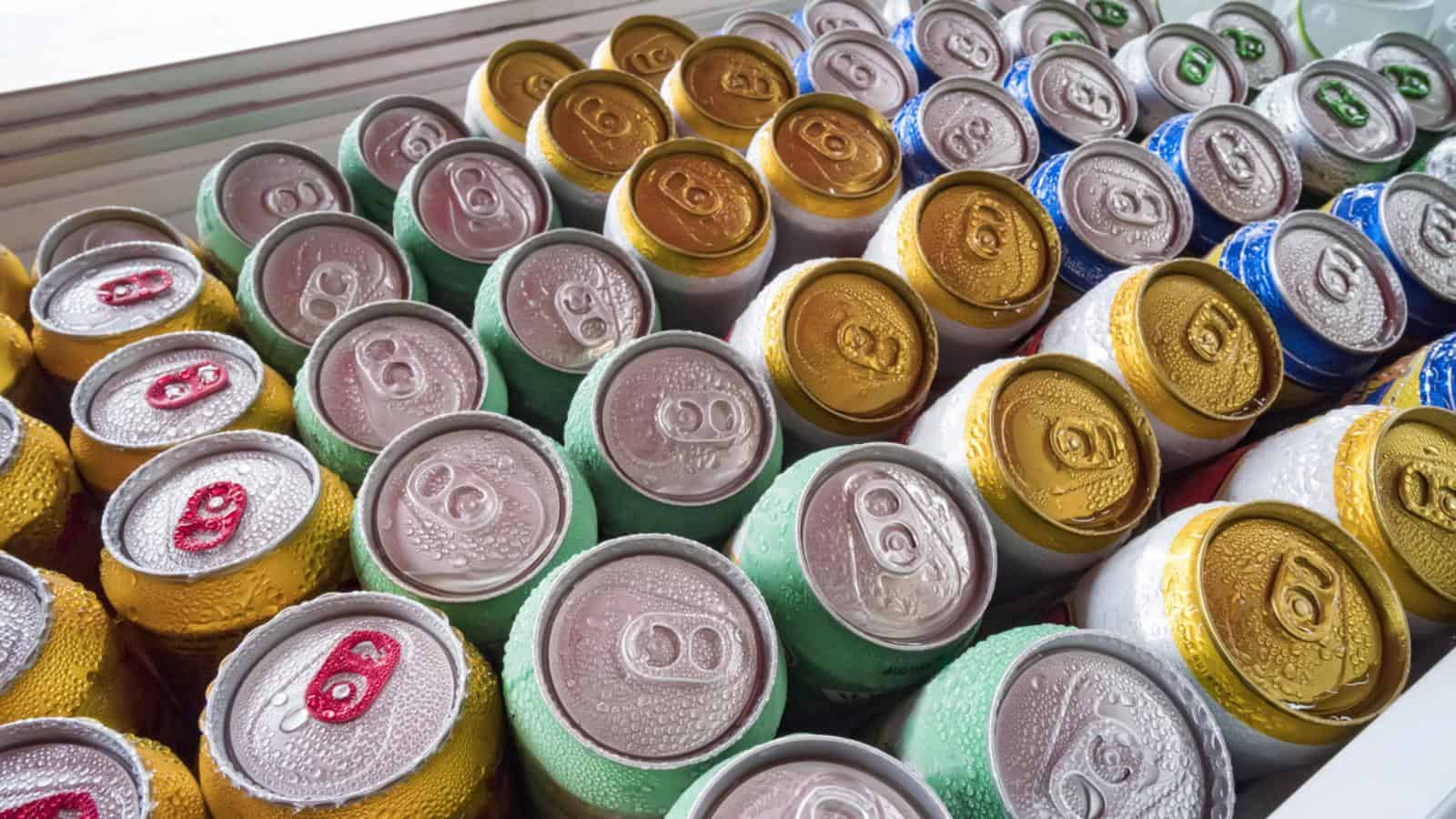
Food and beverage cans made of steel are fully recyclable, as steel is a material that can be endlessly melted and restyled without losing strength. Recycling steel cans saves raw materials and energy, and it also reduces greenhouse gas emissions associated with steel production, making it a vital practice for everyone.
Tires
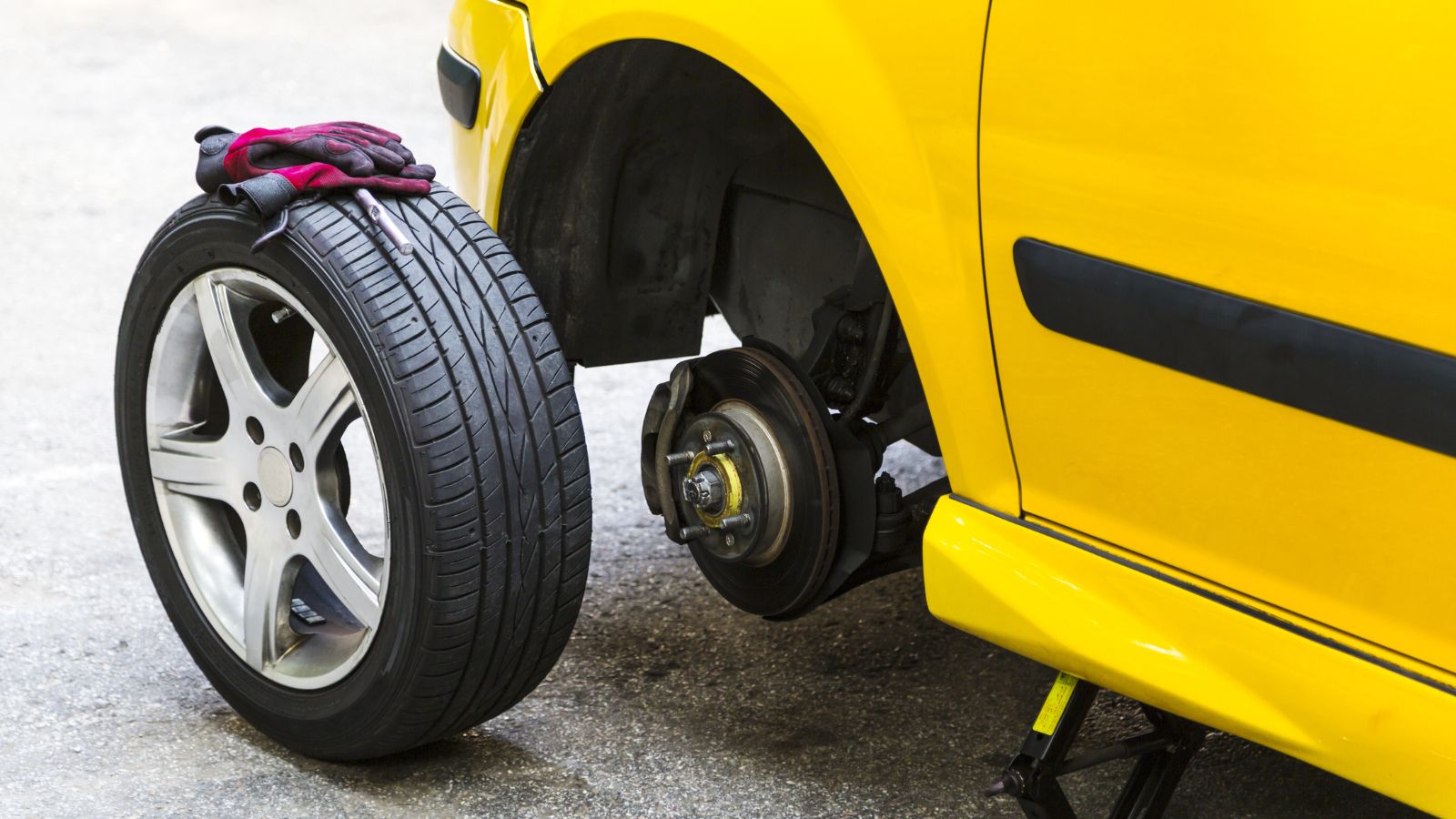
Old tires are a significant source of landfill waste and environmental pollution. Recycling tires doesn’t just prevent them from accumulating in landfills, but it also reduces fire hazards. Recycled tires can be transformed into various products, such as playground surfaces, rubberized asphalt, and new tires, fitting into global sustainability goals excellently.
Cooking Oil
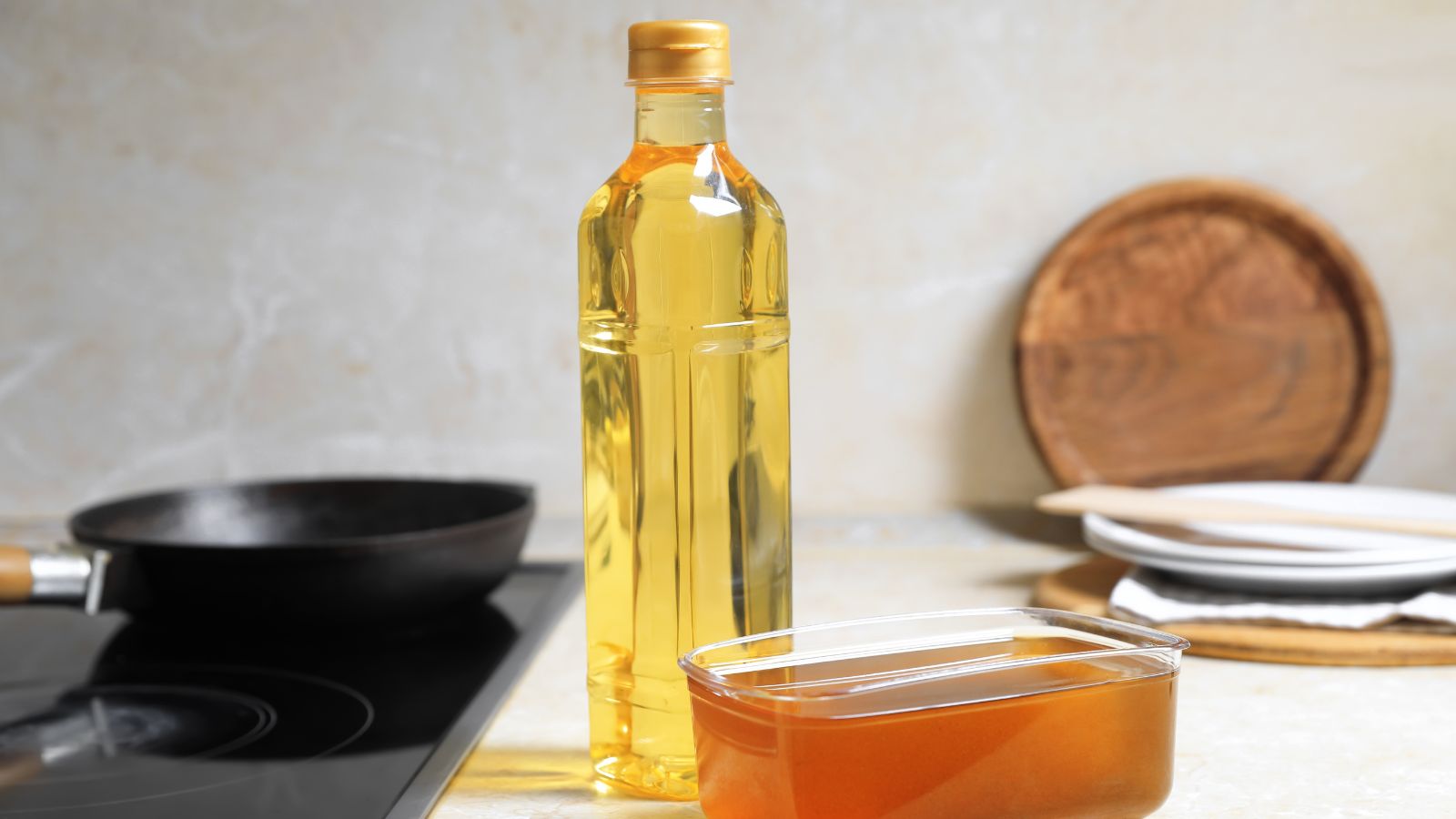
Used cooking oil can be recycled into biodiesel, which is a renewable energy source. Many recycling centers and restaurants also collect used oil for this purpose, in case you don’t know how to use it. Recycling cooking oil like this helps to support the production of cheaper alternative fuels.
Water Filters
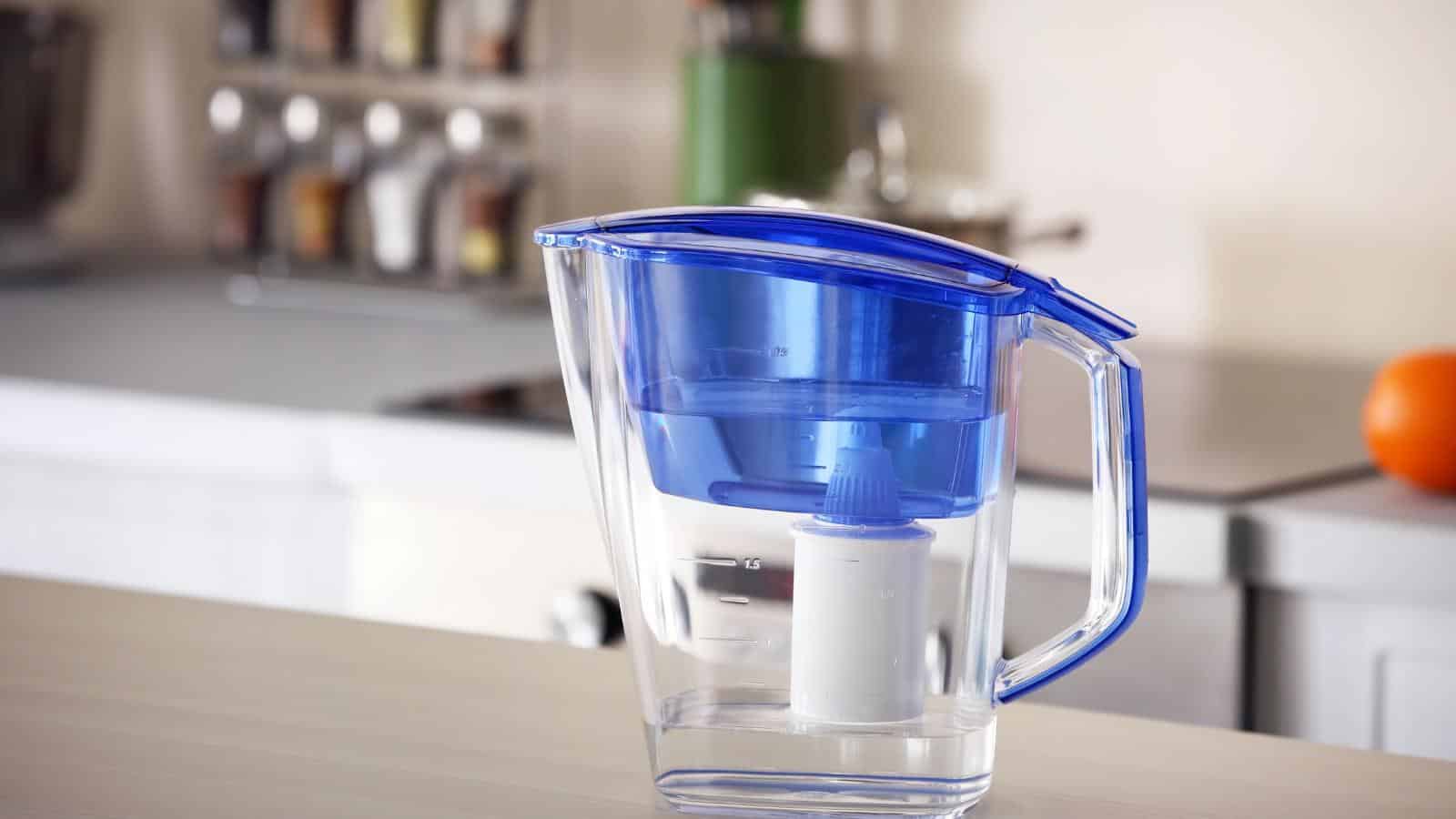
Water filters, commonly used in households, can also be recycled, and this is usually done through programs specifically dedicated to them. These programs recover filtration materials from collection locations or dumpsites, and they then repurpose these filtration materials into reusable plastic to stop them from accumulating in landfills.
Wine Corks
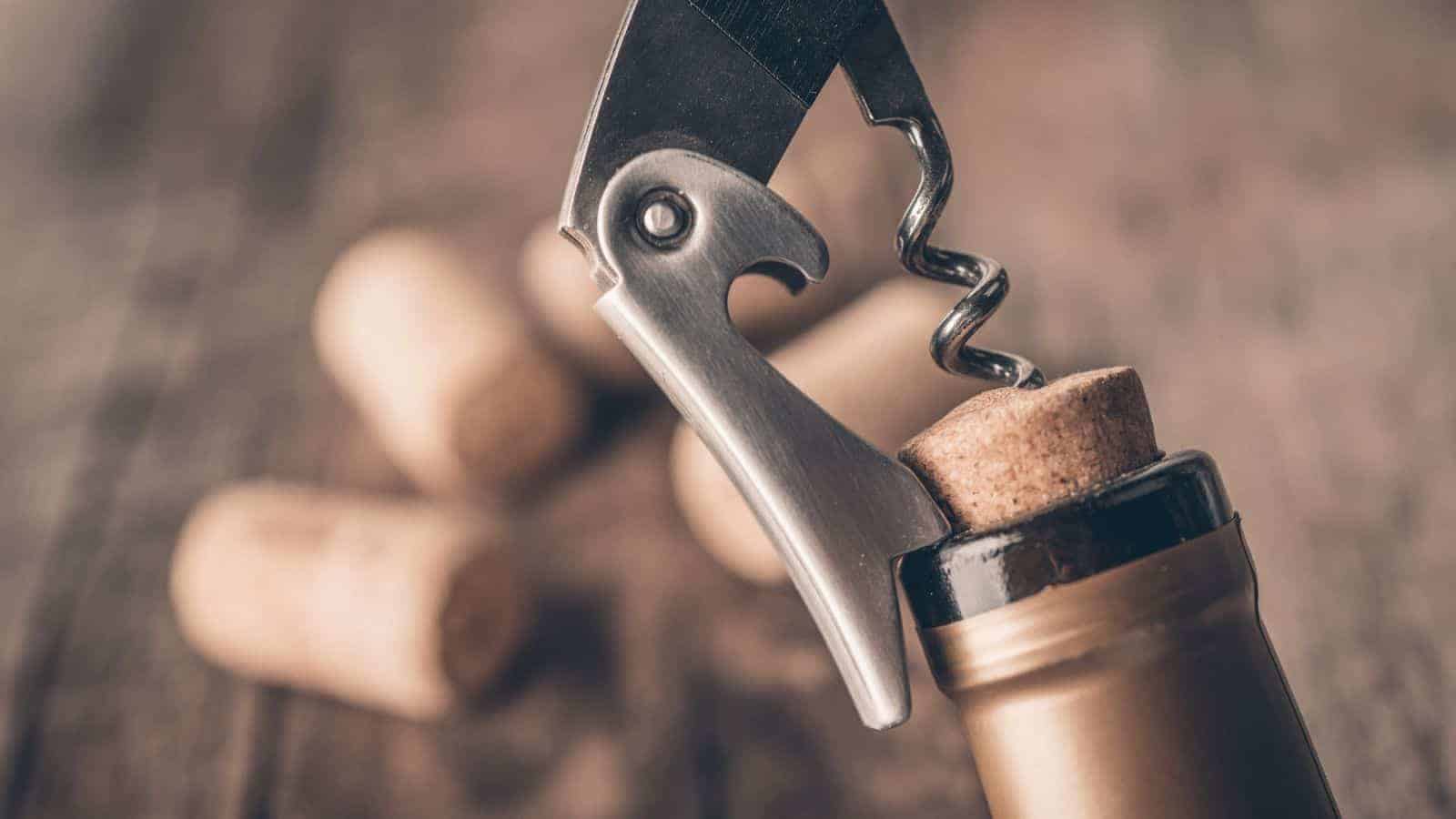
Although corks from wine bottles made from natural materials are generally biodegradable, they can still be recycled. Many organizations collect these used corks to repurpose them into new products, such as cork boards and flooring. When you recycle corks, you support the sustainable management of cork oak forests alongside reducing environmental waste.
CDs and DVDs
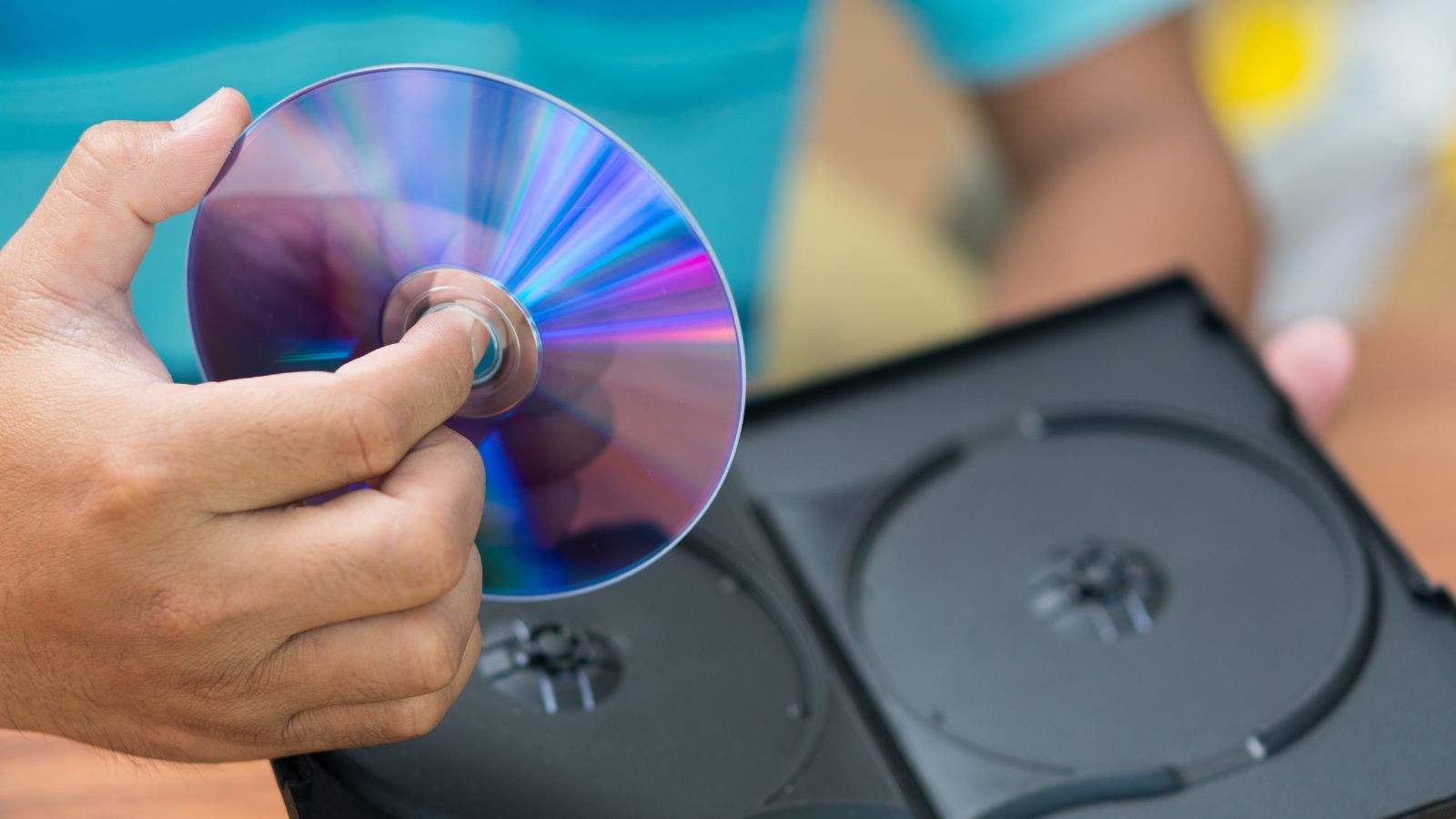
Physical media like CDs and DVDs contain materials that can be recycled as well. Specialized recycling centers process these items to recover the plastics and metals used to make them. By recycling CDs and DVDs, you put your hands together with many others to reduce e-waste and also support the responsible disposal of obsolete technology.
Eyeglasses
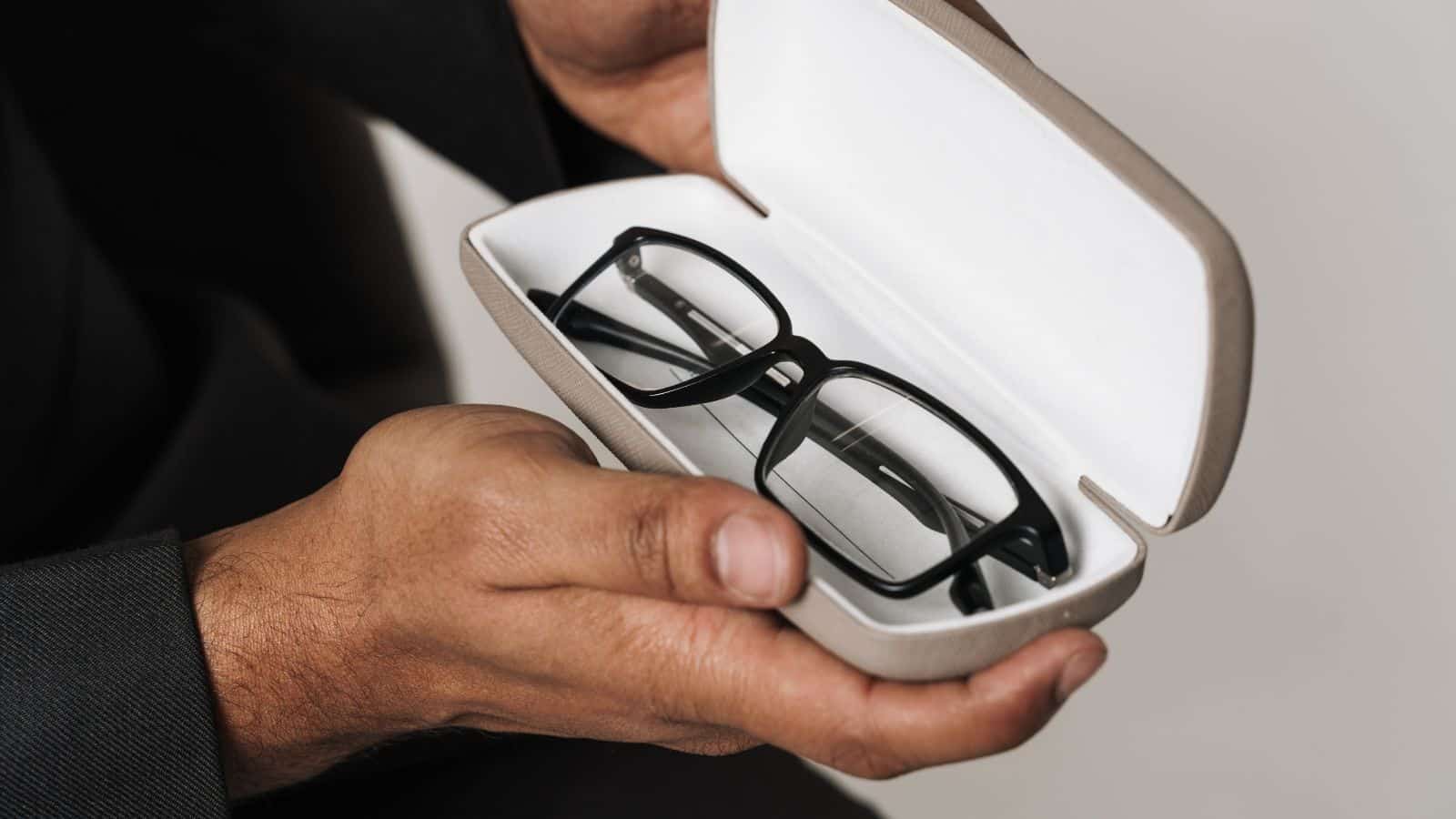
Old eyeglasses can either be donated or recycled. And we see many organizations collect them to provide for those in need, doing their best to ensure they don’t unnecessarily go to waste. There’s also the advantage of recycling centers recovering valuable materials from these glasses to be repurposed for either new eyewear or other items.
Paper

Paper products, whether it be newspapers or office documents, are highly recyclable, too. Recycling paper reduces the need for virgin pulp, conserving forests and wildlife habitats. According to the EPA, it also lowers greenhouse gas emissions as well as the water and energy usage associated with paper production.
Books
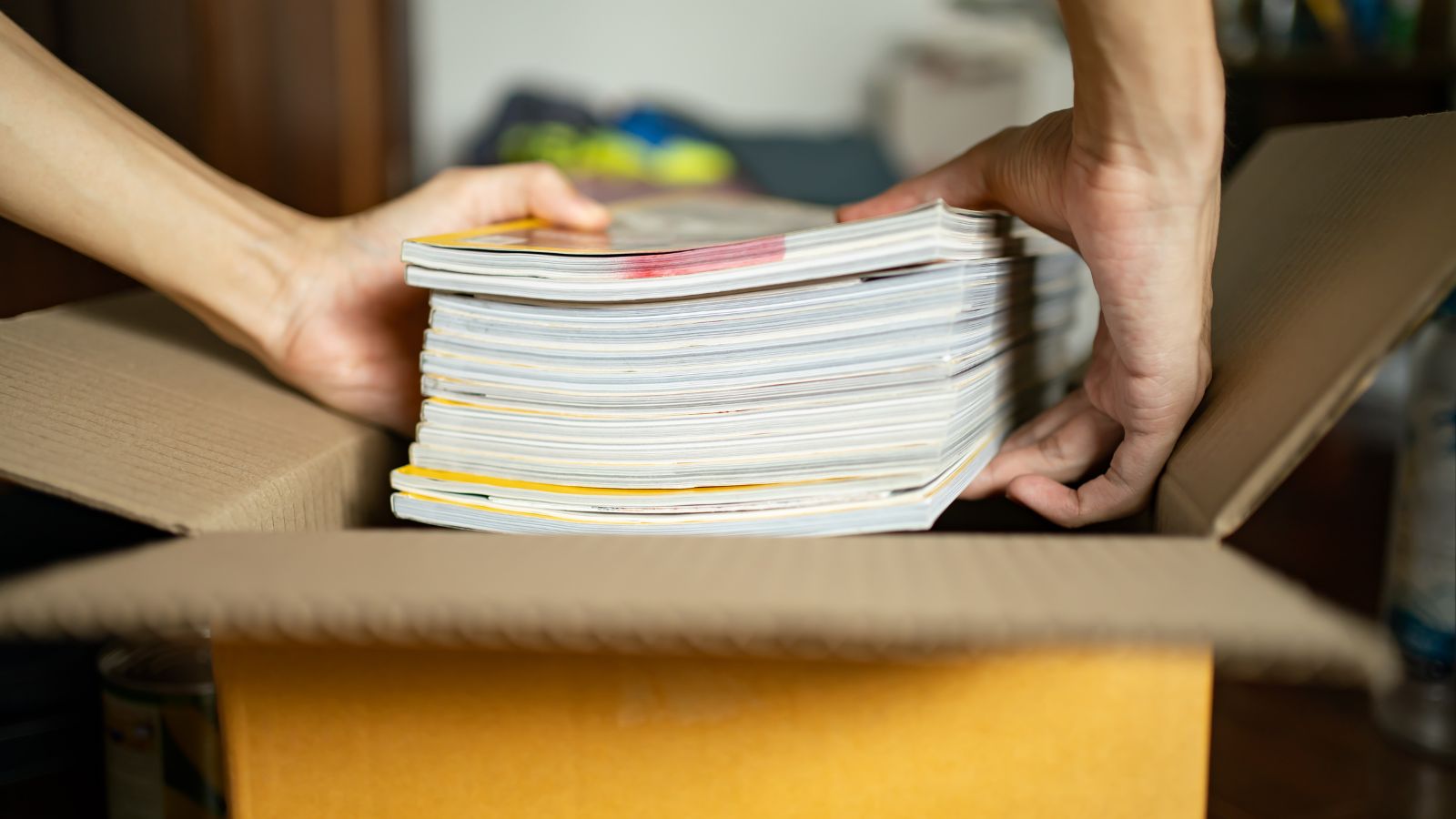
Old books, whether damaged or outdated, can be recycled or donated. Many recycling programs accept books, which are then pulped and turned into new paper products. Donating books to libraries or charities also extends their life and reduces waste, benefiting both people and the environment.
Toothbrushes
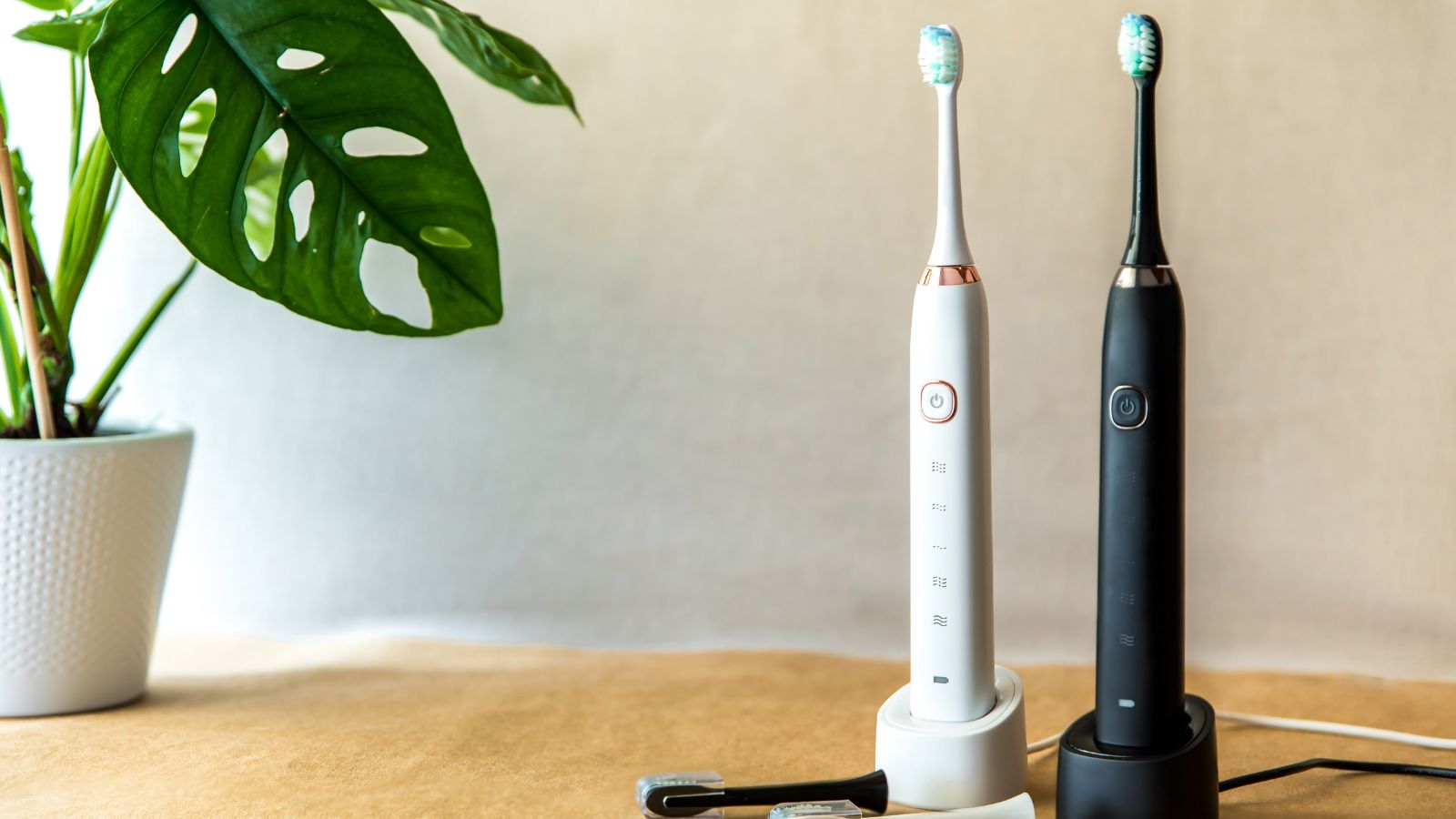
Although often overlooked, toothbrushes can be recycled through specific programs. These programs process the plastic handles and nylon bristles, transforming them into new products. It’s common to even see local grocery stores offer such programs, and you can also look for local recycling centers around you for this.
Crayons
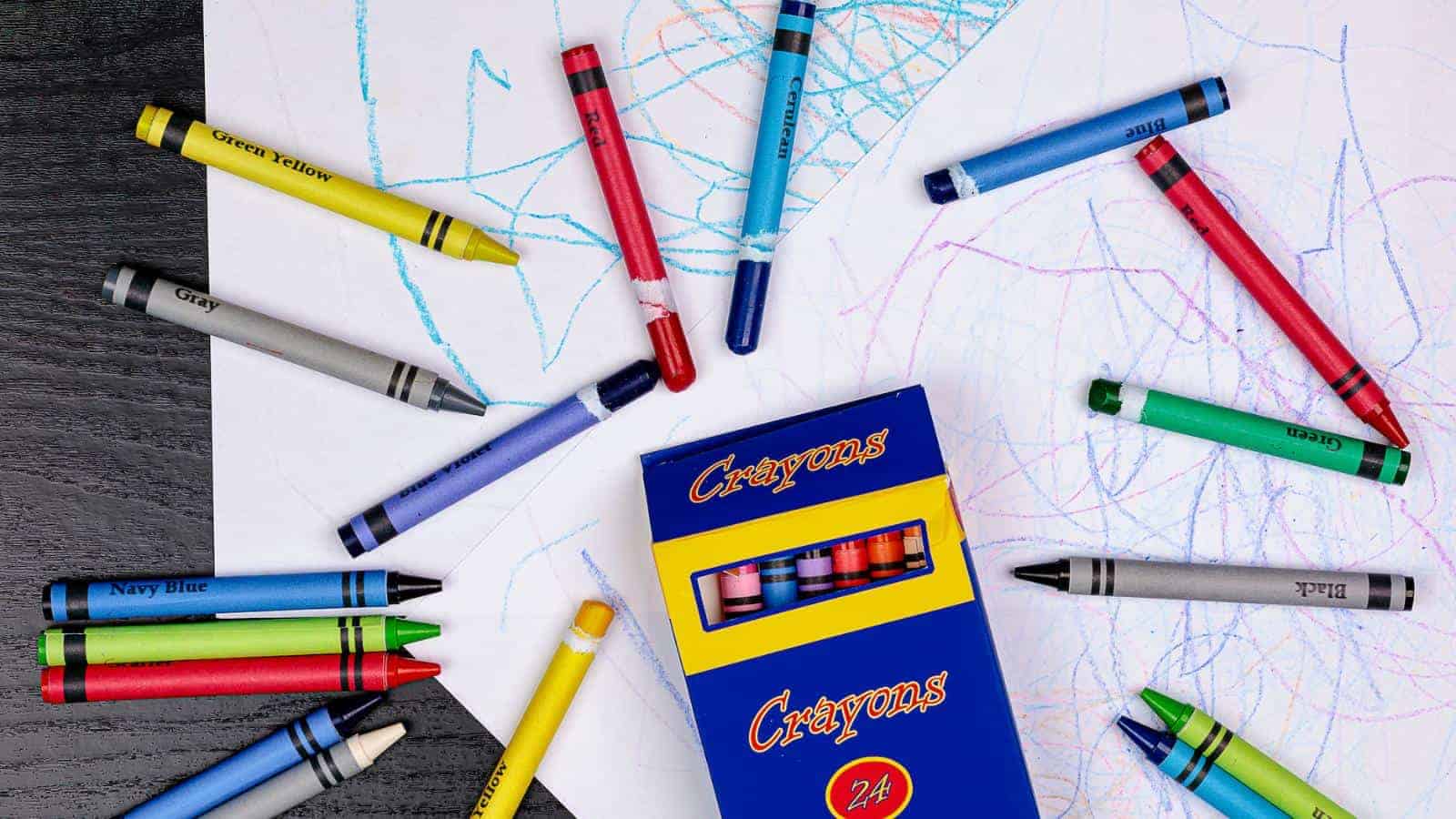
Broken or used crayons can be recycled into new crayons or other products. Many organizations collect these old crayons and melt them down for reuse, and when you help with this recycling process, you don’t just reduce landfill waste; you also provide new art supplies for children without destroying the environment while at it.
Up Next: Do You Know Your Rights? 17 Things You Don’t Have to Answer When Stopped by Police

The thought of getting stopped by the police is a nerve-wracking prospect for most people. It can be even worse if you’re not sure what you should and shouldn’t say, creating a sense of paranoia, anxiety, and confusion. If you’re worried about the potential for a confrontation with the cops, we’re here to help. This list covers 17 things you don’t have to answer when stopped by police officers.
Do You Know Your Rights? 17 Things You Don’t Have to Answer When Stopped by Police
18 Things That Say You Are Middle-Class and Not Rich

The difference between the rich and middle class can be confusing, but the two couldn’t be further from each other in reality. In this article, we look at 18 signs that someone is middle class but not at all rich or wealthy.
18 Things That Say You Are Middle-Class and Not Rich
18 Reasons You Feel Like You Don’t Belong Anywhere

Feeling like you don’t belong anywhere can feel incredibly isolating. We need companionship to keep us connected to the world, so if you’re struggling to form relationships and don’t feel that you don’t fit in, here are 18 reasons why that might be.

